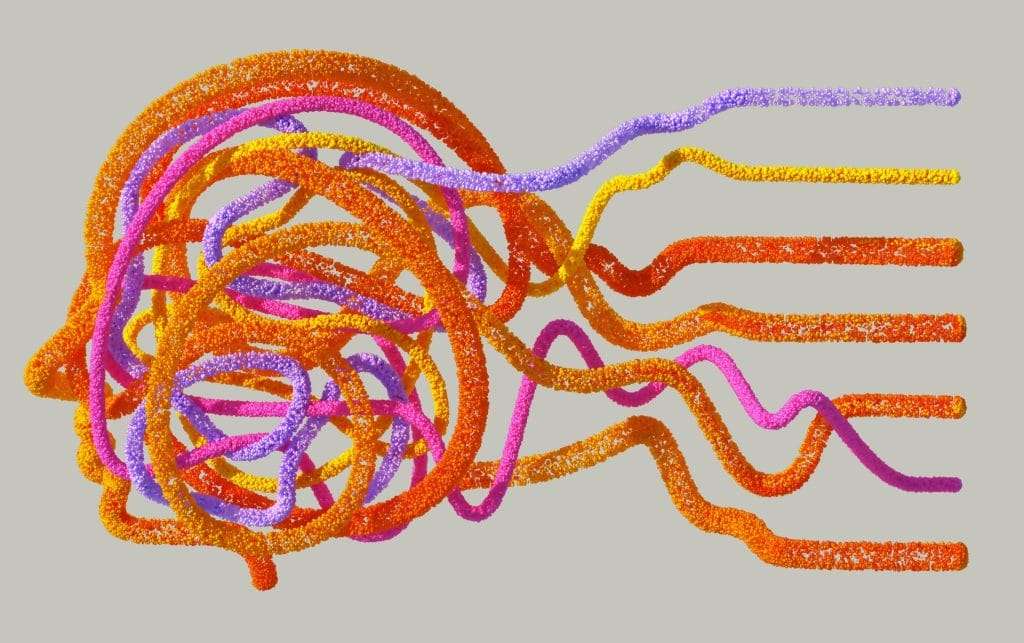Energy Booster: Foods for Long-Lasting Energy (No Caffeine) – Boost Your Energy
Introduction Maintaining consistent energy levels throughout the day has become a significant challenge. Many people rely on caffeine-laden beverages like coffee, energy drinks, and sodas for quick energy fixes, leading to a cycle of energy spikes and crashes that can leave you feeling more depleted than before. However, there’s a healthier, more sustainable approach to energize your body and mind: strategic nutrition that provides steady, long-lasting energy without the drawbacks of caffeine. This comprehensive guide explores the science behind energy production in the body and introduces you to a variety of nutrient-dense foods that can help you maintain optimal energy levels naturally. We’ll explore the complex interplay between macronutrients, micronutrients, and energy metabolism, providing evidence-based strategies to help you overcome fatigue and sustain vitality throughout your busy day. Whether you’re looking to reduce your caffeine dependence, address chronic fatigue, or simply optimize your nutrition for better energy management, this article offers practical, science-backed solutions that you can implement immediately. By understanding how different foods affect your energy levels and incorporating the right combinations into your diet, you can transform your relationship with food and harness its power as your most reliable energy source. Understanding Energy Production in the Body The Biochemistry of Energy Before exploring specific energy-boosting foods, it’s essential to understand how our bodies actually produce and utilize energy. At the cellular level, energy production primarily occurs within mitochondria—often called the “powerhouses” of cells—through a process known as cellular respiration. This complex biochemical process converts the nutrients from food into adenosine triphosphate (ATP), the universal energy currency of cells. The food we eat—specifically carbohydrates, proteins, and fats—provides the raw materials needed for ATP production [1]. While carbohydrates are the body’s preferred and most efficient energy source, proteins and fats also play crucial roles in sustained energy production, especially during periods of fasting or extended physical activity. The rate and efficiency of ATP production depend on numerous factors, including the types of nutrients consumed, micronutrient availability, hormonal balance, hydration status, and overall metabolic health. Energy boost by optimizing these factors through strategic nutrition, we can enhance energy production and maintain stable energy levels throughout the day. The Energy Crash Cycle Many people find themselves trapped in an energy crash cycle, characterized by dramatic fluctuations in energy levels throughout the day. This cycle often begins with consuming quick-energy foods or beverages (like caffeine or simple sugars) that cause a rapid spike in blood glucose and temporary energy elevation, followed by an equally rapid crash as insulin clears glucose from the bloodstream. Research published in the Journal of Clinical Endocrinology & Metabolism demonstrates that these blood sugar fluctuations not only impact immediate energy levels but can also lead to increased hunger, impaired cognitive function, and long-term metabolic consequences [2]. Breaking this cycle requires a fundamental shift toward foods that provide steady, sustained energy release. Complex Carbohydrates: The Foundation of Sustained Energy Whole Grains: Nature’s Time-Release Energy Capsules Whole grains represent one of the most effective dietary strategies for maintaining sustained energy levels. Unlike their refined counterparts, whole grains contain the complete grain kernel (the bran, germ, and endosperm) preserving their fiber content and nutrient profile. This structure results in a slower digestion process and more gradual glucose release into the bloodstream. A meta-analysis published in BMJ found that higher whole grain consumption was associated with reduced risk of several chronic diseases and better overall energy metabolism [3]. Particularly energy-enhancing whole grain options include: Oats: Rich in beta-glucan fiber that slows digestion and stabilizes blood sugar levels, oats provide sustained energy for hours after consumption. A study in the Journal of Nutrition showed that oat consumption led to better sustained energy and cognitive performance compared to refined grain alternatives [4]. Quinoa: This complete protein source contains all nine essential amino acids along with complex carbohydrates, making it an exceptional energy-sustaining food. Its relatively high iron content also supports oxygen transport throughout the body, a crucial factor in energy production. Buckwheat: Despite its name, buckwheat isn’t related to wheat but is a seed high in resistant starch and magnesium, a mineral that plays a key role in converting food into energy. Research indicates that buckwheat may help improve insulin sensitivity and glucose response, contributing to more stable energy levels throughout the day [5]. Brown rice: With its fiber-rich bran layer intact, brown rice releases energy gradually while providing essential B vitamins needed for energy metabolism. When incorporating whole grains into your diet for energy purposes, aim for 1/2 to 1 cup per serving, preferably paired with protein or healthy fats to further slow digestion and prolong energy release. Legumes: The Overlooked Energy Powerhouses Legumes, including beans, lentils, peas; and chickpeas, represent another exceptional category of complex carbohydrates for sustained energy. Their unique combination of protein, complex carbohydrates, and fiber creates an ideal trifecta for long-lasting vitality. A systematic review published in Nutrients examined the impact of legume consumption on various health parameters and found significant benefits for energy metabolism, blood glucose regulation, and satiety [6]. The high fiber content in legumes (averaging 7-8 grams per 1/2 cup) dramatically slows their digestion, resulting in a steady glucose release that can sustain energy levels for up to 4-5 hours after consumption. Some particularly energy-enhancing legumes include: Lentils: Offering an impressive combination of 9 grams of protein and 8 grams of fiber per 1/2 cup (cooked), lentils also provide iron, which helps transport oxygen throughout the body, crucial for energy production. Black beans: Rich in resistant starch, black beans feed beneficial gut bacteria that produce short-chain fatty acids, which can serve as an alternative energy source for the body. Chickpeas: Beyond providing sustained energy through their carbohydrate-protein-fiber matrix, chickpeas contain significant amounts of manganese, a mineral that functions as a cofactor in energy-producing enzymatic reactions. For maximum energy benefits, aim to include 1/2 to 1 cup of legumes in your diet daily, perhaps as a replacement for more refined carbohydrate sources. Glam Dust Radiant Skin – Luscious Hair – Pristine Nails Vitamin Shots The ultimate brain
Energy Booster: Foods for Long-Lasting Energy (No Caffeine) – Boost Your Energy Read More »







